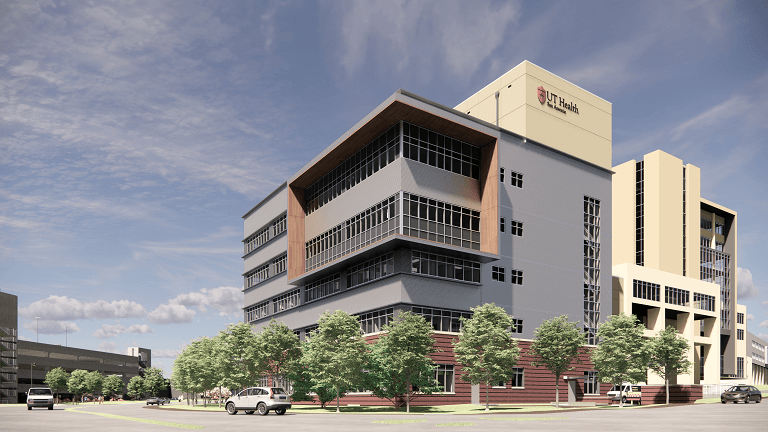Originally published by the San Antonio Express-News on April 4, 2023.
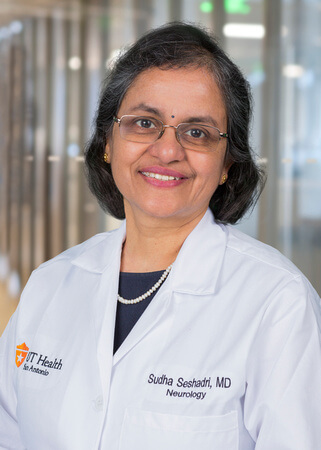
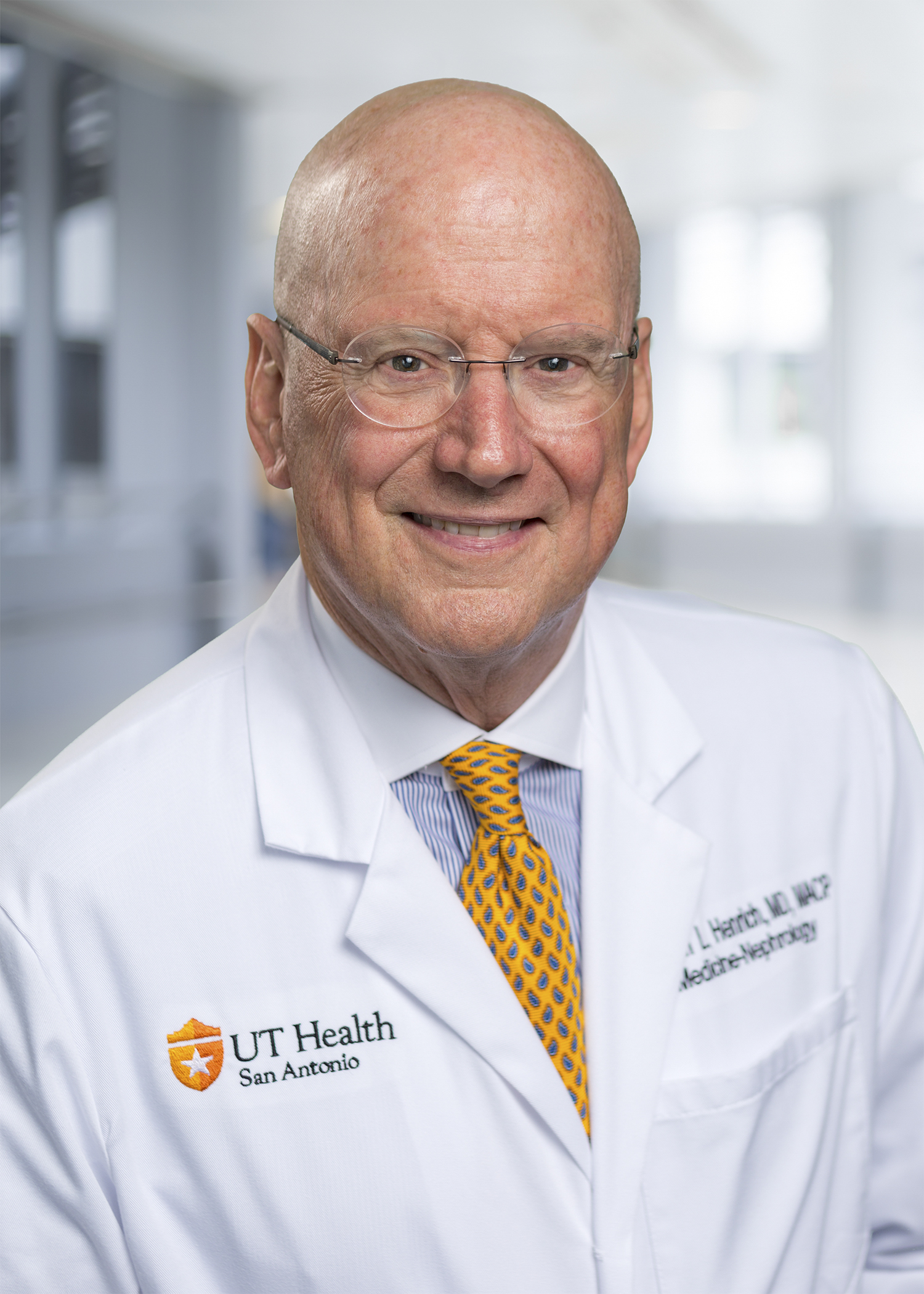
In the coming years, an overwhelming number of people in our community will reach the stage of life when they are at increased risk for Alzheimer’s disease and related dementias. The primary risk factor for developing dementia is a person’s age. According to census data, Bexar County is home to 250,000 senior adults 65 and older, and the number is projected to grow as San Antonio is an attractive retirement destination.
The city’s population is more than 60 percent Hispanic. Data show Hispanics are 1.5 times more likely than Caucasians to develop dementia.
Justifiably, Express-News staff writer Eric Killelea called San Antonio “the geographic heart of the Texas struggle with Alzheimer’s disease” in a recent feature story, “Fight against Alzheimer’s boosted,” Front Page, Feb. 19.
Health leaders expect a tsunami of health care challenges related to dementia for this region.
In response, The University of Texas Health Science Center at San Antonio, also called UT Health San Antonio, will soon build the $100 million Center for Brain Health on Floyd Curl Drive in the South Texas Medical Center.
The new facility will house the Glenn Biggs Institute for Alzheimer’s and Neurodegenerative Diseases, our top-of-class, nationally recognized institute that serves South Texas patients with conditions that include dementia. Other neurologists in the center will care for patients with Parkinson’s disease, amyotrophic lateral sclerosis, or ALS, peripheral neuropathy and other disorders.
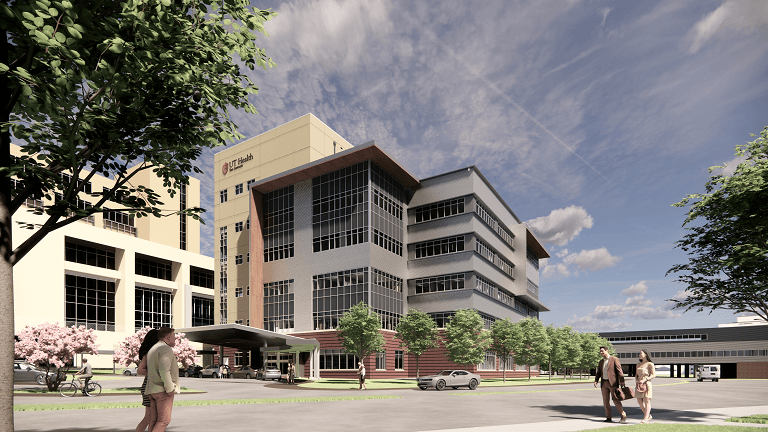
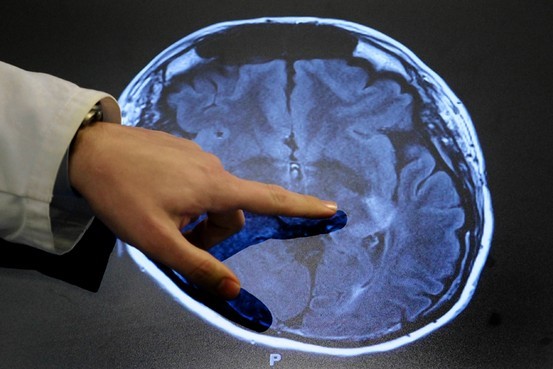 The Center for Brain Health will be a critically important site of clinical research, offering the latest advancing therapies for dementia, neurodegenerative diseases and all neurologic disorders. The region’s most powerful 7-Tesla magnetic resonance imaging, or MRI, system will provide high-resolution images to inform diagnoses, treatment and research. A non-oncology infusion suite will enable the administration of new drugs for patient care and clinical trials.
The Center for Brain Health will be a critically important site of clinical research, offering the latest advancing therapies for dementia, neurodegenerative diseases and all neurologic disorders. The region’s most powerful 7-Tesla magnetic resonance imaging, or MRI, system will provide high-resolution images to inform diagnoses, treatment and research. A non-oncology infusion suite will enable the administration of new drugs for patient care and clinical trials.
A team of psychologists, radiologists and other professionals will align closely with the neighboring large outpatient practice at the Medical Arts and Research Center, or MARC. This connectivity and integration will allow patients and families to see a neurologist in the Center for Brain Health, then pass through an enclosed walkway to the MARC for appointments with a cardiologist, nephrologist or other specialist as needed.
The Center for Brain Health will also support the needs of families and caregivers, as we know Alzheimer’s and dementia diagnoses can be very challenging to manage. Our School of Nursing provides excellent programs directed at caring for caregivers.
Finally, the facility will help expand training programs in the areas of brain health, a badly needed advance for the future of care when the demand for neurologists, neuropsychologists and related professionals will steadily increase.
In the fall of 2021, the Biggs Institute, in collaboration with the University of Texas Rio Grande Valley, was named an Alzheimer’s Disease Research Center, or ADRC by the National Institute on Aging. This is the state’s only ADRC. The clinical trials offered in the Center for Brain Health will be unique and not duplicated for hundreds of miles in any direction.
Members of the 87th Texas Legislature, including the entire Bexar County delegation, approved capital construction assistance project funds to help finance the Center for Brain Health. We thank them for their foresight. Our goal is to raise $10 million or more in community philanthropy to support this center, as well.
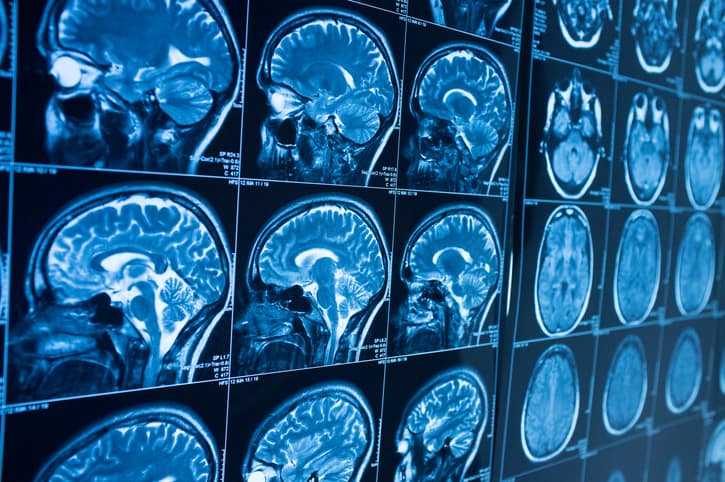 UT Health San Antonio initiatives to understand and advance brain health extend far beyond one building. Researchers are gleaning knowledge about post-traumatic stress disorder, stroke, pain control, substance use disorders, mental illness and more. The Center for Brain Health building is, rather, a tangible symbol of our commitment to caring for people and fathoming this most extraordinary central processing unit — the brain — that enables us to live out our dreams.
UT Health San Antonio initiatives to understand and advance brain health extend far beyond one building. Researchers are gleaning knowledge about post-traumatic stress disorder, stroke, pain control, substance use disorders, mental illness and more. The Center for Brain Health building is, rather, a tangible symbol of our commitment to caring for people and fathoming this most extraordinary central processing unit — the brain — that enables us to live out our dreams.
William L. Henrich, MD, MACP, is professor of medicine and president of The University of Texas Health Science Center at San Antonio. Sudha Seshadri, MD, is professor of neurology and founding director of the Glenn Biggs Institute for Alzheimer’s and Neurodegenerative Diseases at UT Health San Antonio.



